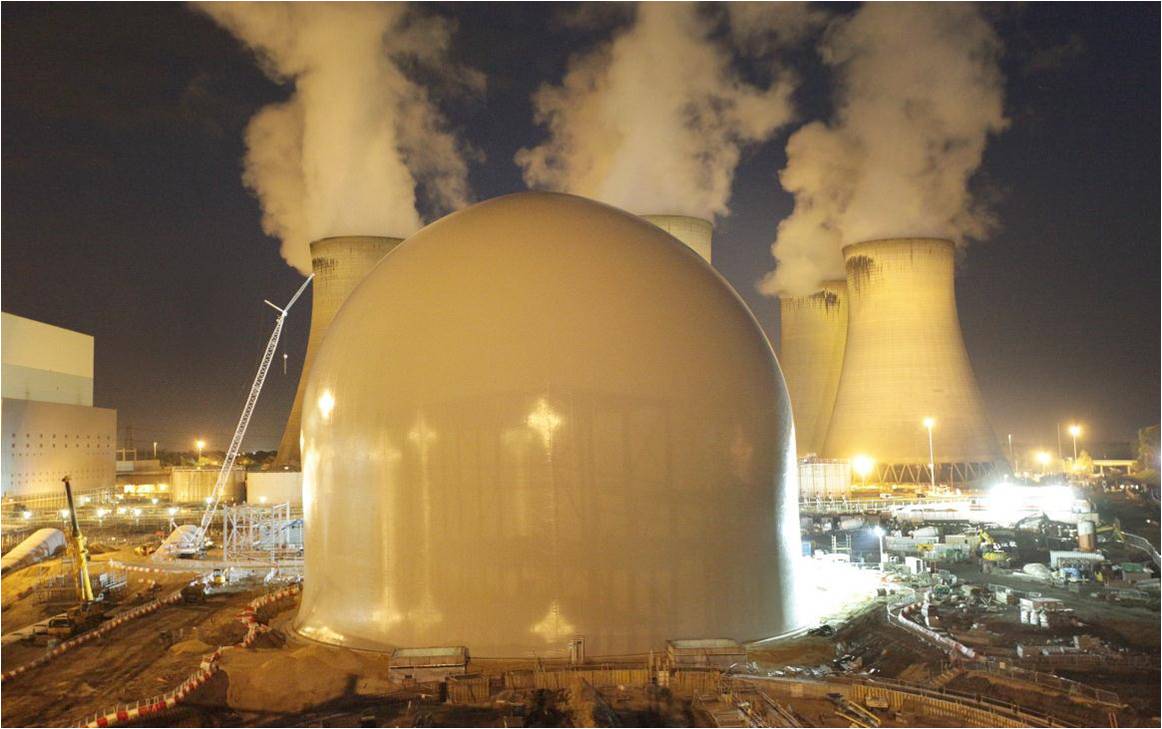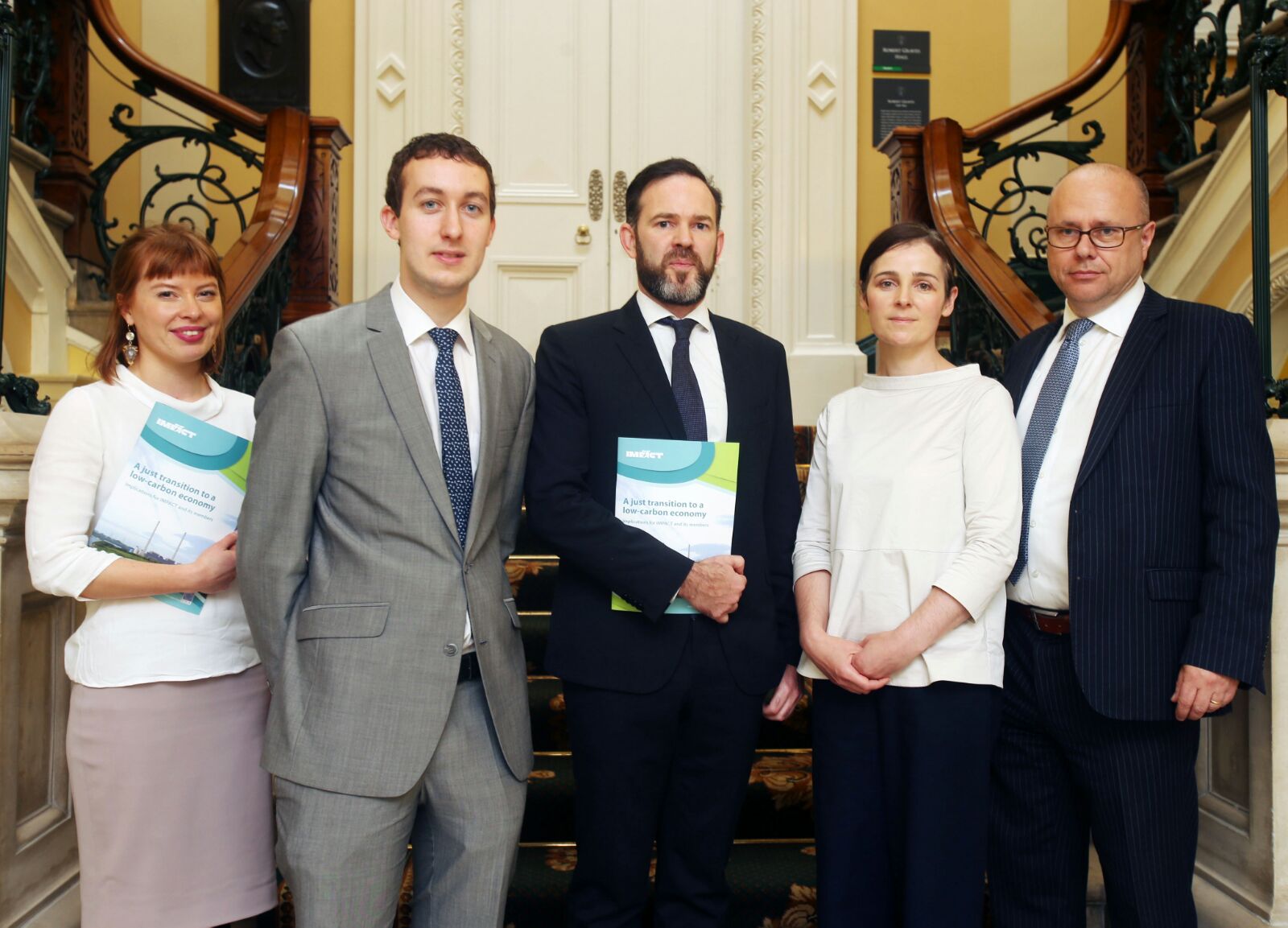Experts call for restriction of ‘climate-damaging’ forestry bioenergy

October 21st, 2019
A European scientific academy has warned that the EU’s large-scale substitution of fossil fuels with forest biomass may lead to the bloc overshooting its climate targets.
A paper from the European Academies’ Science Advisory Council (EASAC) published this month in Global Change Biology indicates that there is a serious mismatch between the science and EU policy on forest bioenergy.
The Council, that provides independent, expert, evidence-based to policy-makers, found that large subsidies offered to switch from fossil fuels to forest biomass such as wood pellets may increase emissions levels – a problem that it says is both bad for the climate and bad for public finances.
The problem stems from the decision to class biomass as carbon-neutral renewable energy under the EU Renewable Energy Directive (RED) in 2009. The idea is that any carbon lost through felling and burning is recaptured and fixed back in the soil through replanting.
This led to large renewable energy subsidies being made available in member states and a subsequent rapid increase in the use of biomass products, including at Bord na Mona’s Edenderry plant where biomass burning with peat is subsidised.
US wood pellet exports to Europe, for example, soared from 530,000 tonnes in 2009 when the RED came into effect to over six million tonnes in 2018.
In reality, however, EASAC argues that woody biomass harvesting releases high levels of emissions as all the carbon in the biomass enters the atmosphere “in one pulse”.
In addition, emissions are released during production, transportation and burning, with woody biomass often requiring more power than fossil fuels to burn due to the high water content in wood.
Carbon payback period
The paper notes that even if CO2 is reabsorbed through replanting, there is a time gap – or carbon payback period – between the release of carbon from felling and the reabsorption of CO2 by the new plantings.
Payback periods, the paper states, can stretch from decades to centuries depending on how forests are managed and the period of time that replanted trees are left in the ground.
“With the urgency of action following the Paris Agreement to limit warming to 1.5oC, payback periods of more than a decade have become incompatible with climate change goals,” the paper states.
Despite repeated warnings from EASAC and other bodies, biomass was reclassified as a renewable under the revised Directive (RED II) in 2018.
The problem extends beyond Europe as accounting rules under the UN Framework Convention on Climate Change (UNFCCC) also allow for imported biomass to be classified as zero-emissions when burned.
This is based on the assumption that the exporting country has recorded the forest carbon loss in their reporting, creating an accounting loophole that gives the appearance of lower emissions in the importing country.
In order to tackle this issue, EASAC is calling for regulations to limit subsidies to only biomass sources that have short carbon payback periods such as wood chippings, coppiced trees, and fast-growing grasses. EASAC also recommends that the UNFCCC guidelines are urgently revised.
Last year, Friends of the Irish Environment asked the European Commission to investigative the State’s decision to subsidise biomass burning at Edenderry.
FIE claim that this is leading to significant increases in emissions and ensures that peat burning can continue at the Midlands power station.
The environmental group is also part of a lawsuit filed against the EU by plaintiffs from six countries challenging the inclusion of forest biomass as a renewable fuel in RED II.
The case argues that subsidies for biomass are increasing demand and driving logging of forests in Europe and North America in particular.
[x_author title=”About the Author”]







